Laikipia
With a shriek, the warrior arched his body, readying to sling his spear at my chest. The tear-dropped javelin point flashed in the sun. In the heat, dust swirled up from the hooves of the young blood’s cattle invading my farm. In his hand, the seven-foot shaft lance quivered, ready, poised for release — and then he yelled again.
This is March 2015, I reminded myself, not AD 991 at the onset of the Battle of Maldon. I had asked the man to come with me to the police, where he would be arrested for trespass. The spear flashing was his response. He had pushed his cattle into what was left of my pasture, and many other herds had been there too for weeks — upwards of 7,000 beasts cropping the last of the grass. He and the other herders had vandalised the dry-stone walls that mark our boundaries. When our workers tried to push the cattle off, the young warriors had wielded their lances and swords and knobkerries and promised to murder them. Or they beat them. This was what went on all day, every day.
Over recent years, the young warrior’s countless cattle had depleted many millions of acres to the north, so that even a short dry spell — what the humanitarian aid groups invariably now call ‘the worst drought on record’ — had pushed them into desperation. Opportunistic politicians then urged the herders to seize what was left on the narrow high table of the farms on my home plateau of Laikipia. Some of the invaded farms have been large but many are smallholdings where very poor families planted a few stalks of maize off which to survive, only to have them devoured by pastoralists. The invaders used the rhetoric of poverty to excuse the migrations on to conserved pasture on private farms, even though many of the herds were owned not by the poor but by the Big Men, who boast of their often ill-gotten wealth in thousands of untaxed cattle. These people were rich yet we found they have sent boys of six or seven years old to mind cattle among wild animals, sleeping rough on the plains. With no hope of schooling, raised to be illiterate and easily manipulated, these children are unable even to speak the national language of Swahili —while many girls have nothing to look forward to except infibulation and marriage at 12 or so.
A few days before, I had hitched a ride on a microlight aircraft for a dawn flight around our area. We flew over 50 or 60,000 cattle invading a neighbouring wildlife conservancy, which is home to some of the world’s last elephant and other rare species. Down one valley we passed along a herd of cows that was two miles long.
Just beyond it we flew over a group of elephants. From the air and from the ground, you can see the elephants are going mad with starvation, smashing trees to suck the life out of them so that the landscape looks like a battle has roared through it. We blame poachers’ bullets and the Chinese behind the ivory trade — but the loss of habitat is a much greater threat to species such as elephant. And so here the warrior was, lance about to fly. I thought of the spears of Ajax and Hector, points cleaving brains, skewering bone into bladder, gouging in among teeth so that the tongue tastes cold bronze. I thought of Byrhtnoth on the causeway at Maldon, where the Viking ‘wolves of slaughter advanced’ —Wodon þa wælwulfas. I thought of Kipling and many others besides. I realised the young man might see himself as Horatius at the bridge, or me as the Dane wælwulf. There was indeed something heroic about him, which, despite my worry and annoyance at his trespass, impressed me. In a way, he was magnificent. There was something biblical about it all too. His cattle, ill favoured and lean-fleshed, were eating up my once fat and favoured cattle — and now they would all die together. One day it would rain, though as the wind kicked up great towers of dust that marched across the plains it seemed I think to the both of us that it would never, ever rain again.
Suddenly the heroic dreams vanished. The warrior would not accompany me to the police, this little guy in a snood, wrapped in a toga holding his weapon. Next month I would be 50 years old. I didn’t particularly want a spear in the guts. I got back into my vehicle, uttered a string of Anglo-Saxon expletives he didn’t understand, which he returned in a vernacular that I didn’t either. And we went our separate ways.
Got something to add? Join the discussion and comment below.
Get 10 issues for just $10
Subscribe to The Spectator Australia today for the next 10 magazine issues, plus full online access, for just $10.


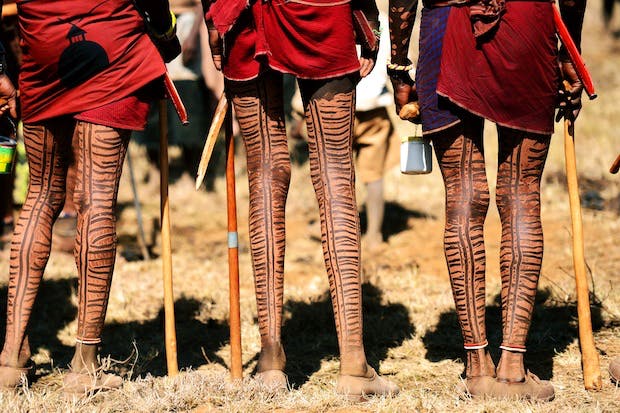
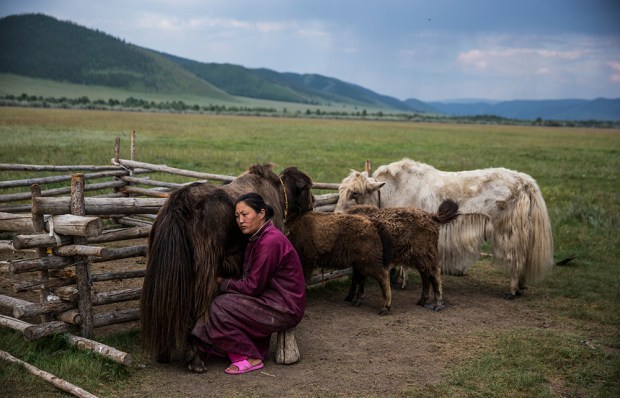
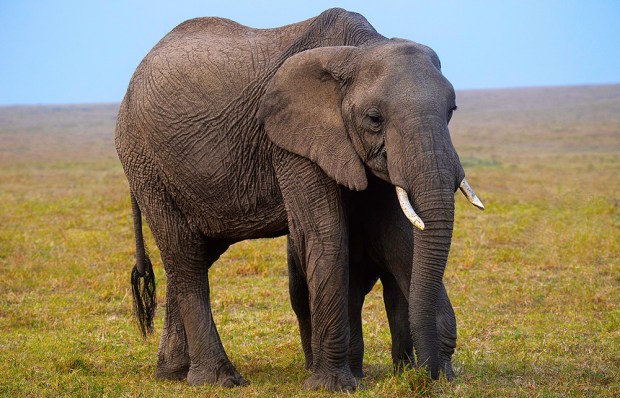
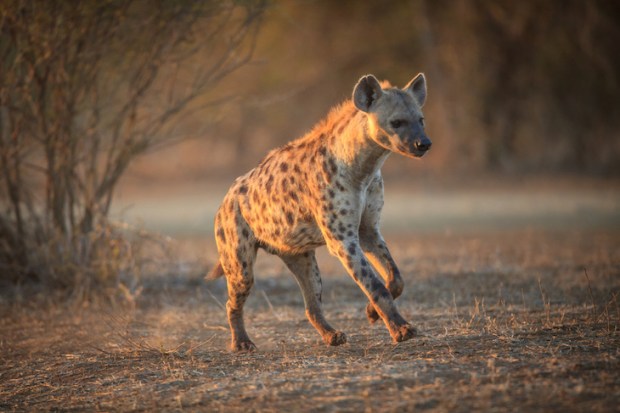
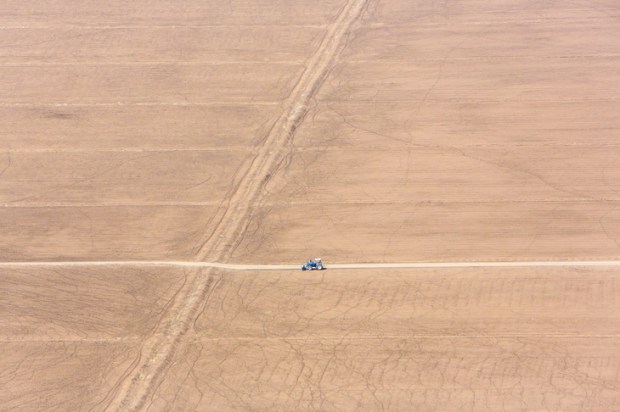

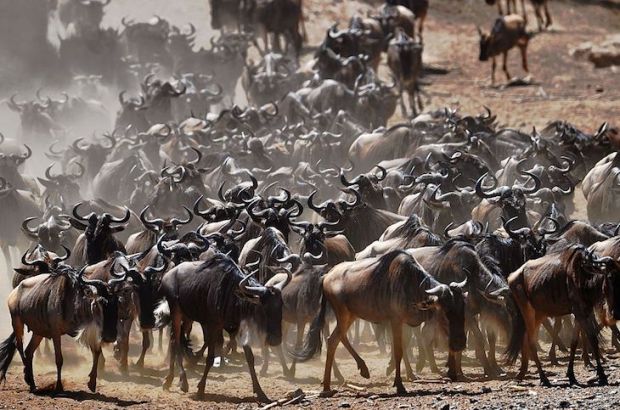






Comments
Don't miss out
Join the conversation with other Spectator Australia readers. Subscribe to leave a comment.
SUBSCRIBEAlready a subscriber? Log in